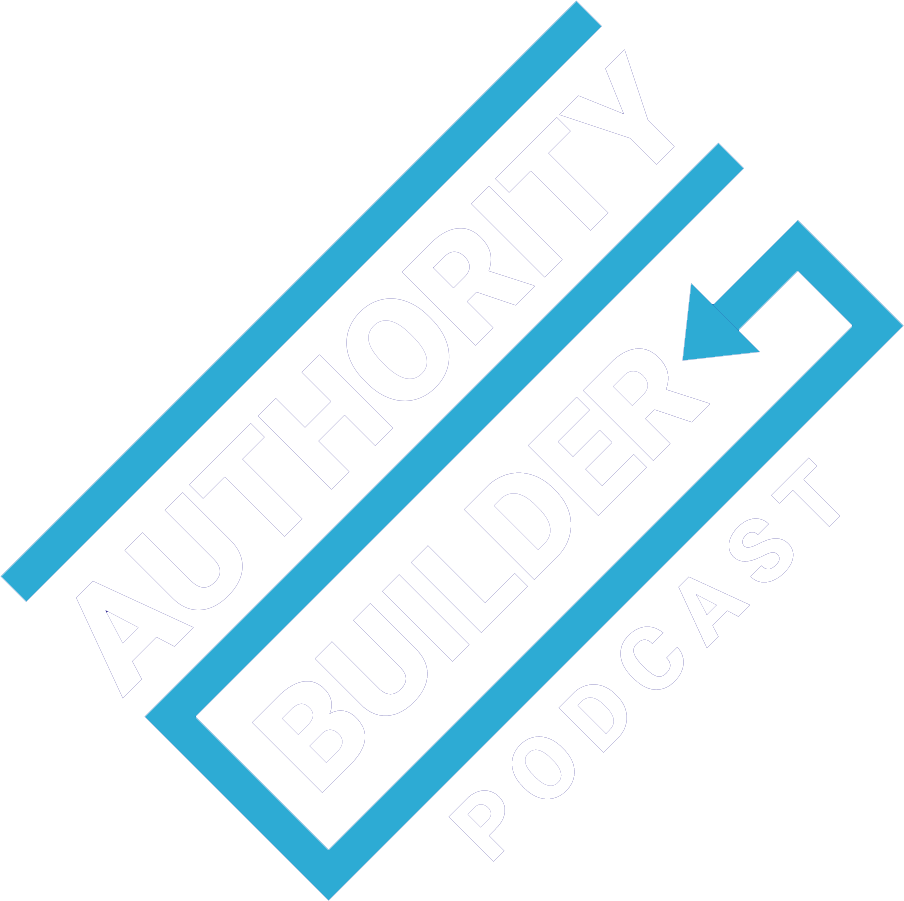Listen as my friend and client John Curry gives you a simple, clear plan for becoming unstoppable in sales. John is a top-performing financial advisor, and has been for over 35 years. He’s a lifetime member of The Million Dollar Roundtable and has achieved the Top of the Table and Court of the Table distinctions.
What you’ll hear on this interview will transform your approach to selling…


